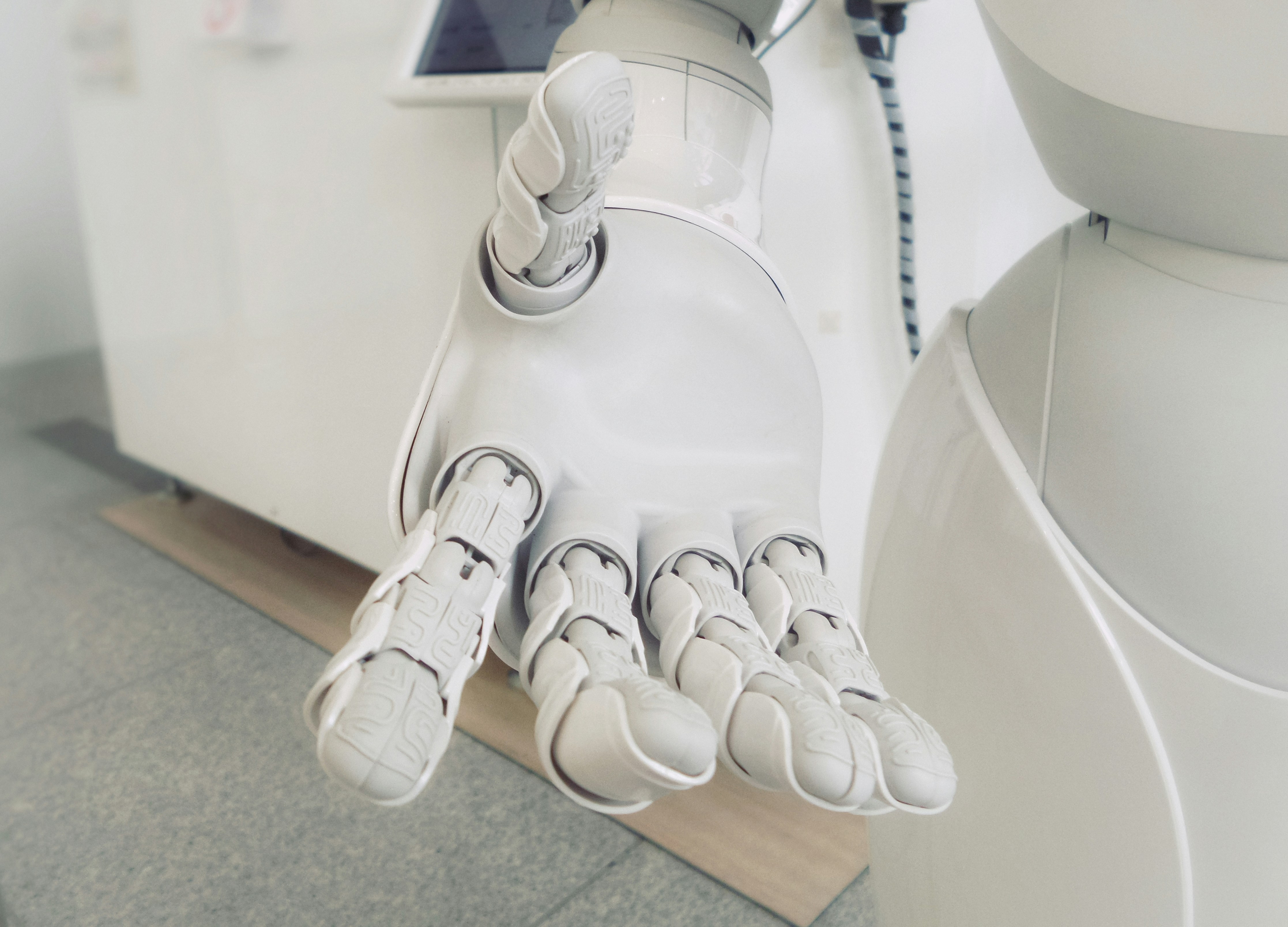Related Jobs
View all jobsRobot Programmer
Controls Engineer
Controls Designer Engineer
Process Technician
Robot Welding Operator
Subscribe to Future Tech Insights for the latest jobs & insights, direct to your inbox.
Industry Insights
Discover insightful articles, industry insights, expert tips, and curated resources.

The Skills Gap in Robotics Jobs: What Universities Aren’t Teaching
Robotics is no longer confined to science fiction or isolated research labs. Today, robots perform critical tasks across manufacturing, healthcare, logistics, agriculture, defence, hospitality and even education. In the UK, businesses are embracing automation to improve productivity, reduce costs and tackle labour shortages. Yet despite strong interest and a growing number of university programmes in robotics, many employers report a persistent problem: graduates are not job-ready for real-world robotics roles. This is not a question of intelligence or dedication. It is a widening skills gap between what universities teach and what employers actually need in robotics jobs. In this article, we’ll explore that gap in depth — what universities do well, where their programmes often fall short, why the disconnect exists, what employers really want, and how you can bridge the divide to build a thriving career in robotics.

Robotics Jobs for Career Switchers in Their 30s, 40s & 50s (UK Reality Check)
Robotics looks futuristic from the outside. People picture humanoid machines, cutting-edge labs & young engineers writing complex code. In the UK job market, the reality is more practical and more encouraging for career switchers: robotics is already embedded across manufacturing, logistics, healthcare, agriculture, defence, construction & inspection. That means there are real jobs for people in their 30s, 40s & 50s who bring operational experience, delivery skills, quality discipline & the ability to work with real-world systems. This article gives you a clear UK reality check on robotics careers for career switchers: what roles genuinely exist, which paths are most realistic, what skills employers actually hire for, how long retraining tends to take & whether age is a factor.

How to Write a Robotics Job Ad That Attracts the Right People
Robotics is moving rapidly from research labs into real-world deployment. Across the UK, robots are now used in manufacturing, logistics, healthcare, defence, agriculture, autonomous vehicles and service industries. As adoption accelerates, demand for skilled robotics professionals continues to grow. Yet many employers struggle to attract the right candidates. Robotics job adverts often receive either very few applications or large numbers of unsuitable ones. Experienced robotics engineers, meanwhile, routinely skip adverts that feel vague, unrealistic or disconnected from how robotics systems actually work in practice. In most cases, the problem is not the talent pool — it is the job advert itself. Robotics professionals are systems thinkers. They care deeply about constraints, integration and real-world performance. A poorly written job ad signals weak technical understanding and unrealistic expectations. A well-written one signals credibility, seriousness and a mature robotics programme. This guide explains how to write a robotics job ad that attracts the right people, improves applicant quality and positions your organisation as a credible employer in the robotics sector.